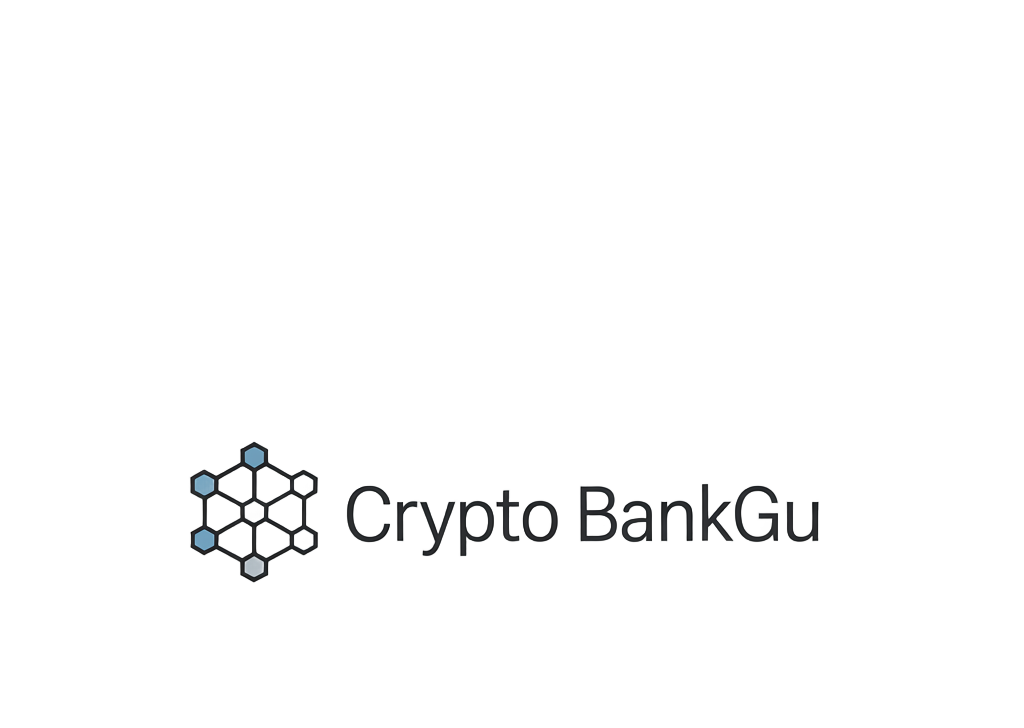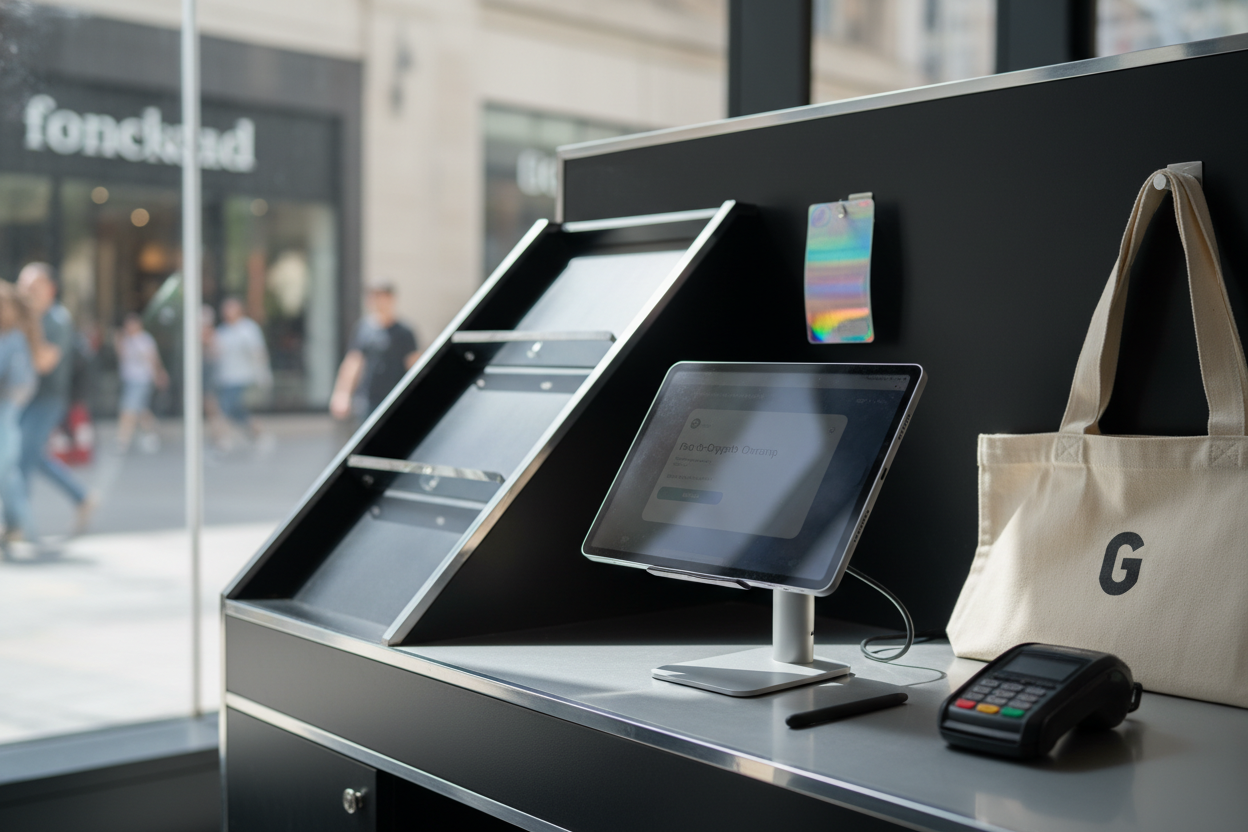
The surge in digital asset adoption means more businesses than ever are asking: How do I open a crypto bank business account in 2024? The answer isn’t as simple as opening a traditional bank account, but with the right preparation and mindset, the process is straightforward and rewarding. Whether you’re a Web3 startup, an established trading desk, or a company looking to accept crypto payments, this step-by-step guide will help you navigate the evolving landscape of crypto banking for businesses.

Understanding Crypto Business Account Requirements
Opening a business account with a crypto-friendly bank starts with one word: compliance. Regulatory scrutiny is high in 2024, so be ready to show your cards. Banks want to know that your company can meet Anti-Money Laundering (AML) and Know Your Customer (KYC) obligations. If you’re operating in New York or similar jurisdictions, you may need licensing such as the BitLicense or equivalent under local law.
Here’s what most banks will expect before you even fill out an application:
Essential Documents & Compliance Steps for Crypto Business Accounts
-
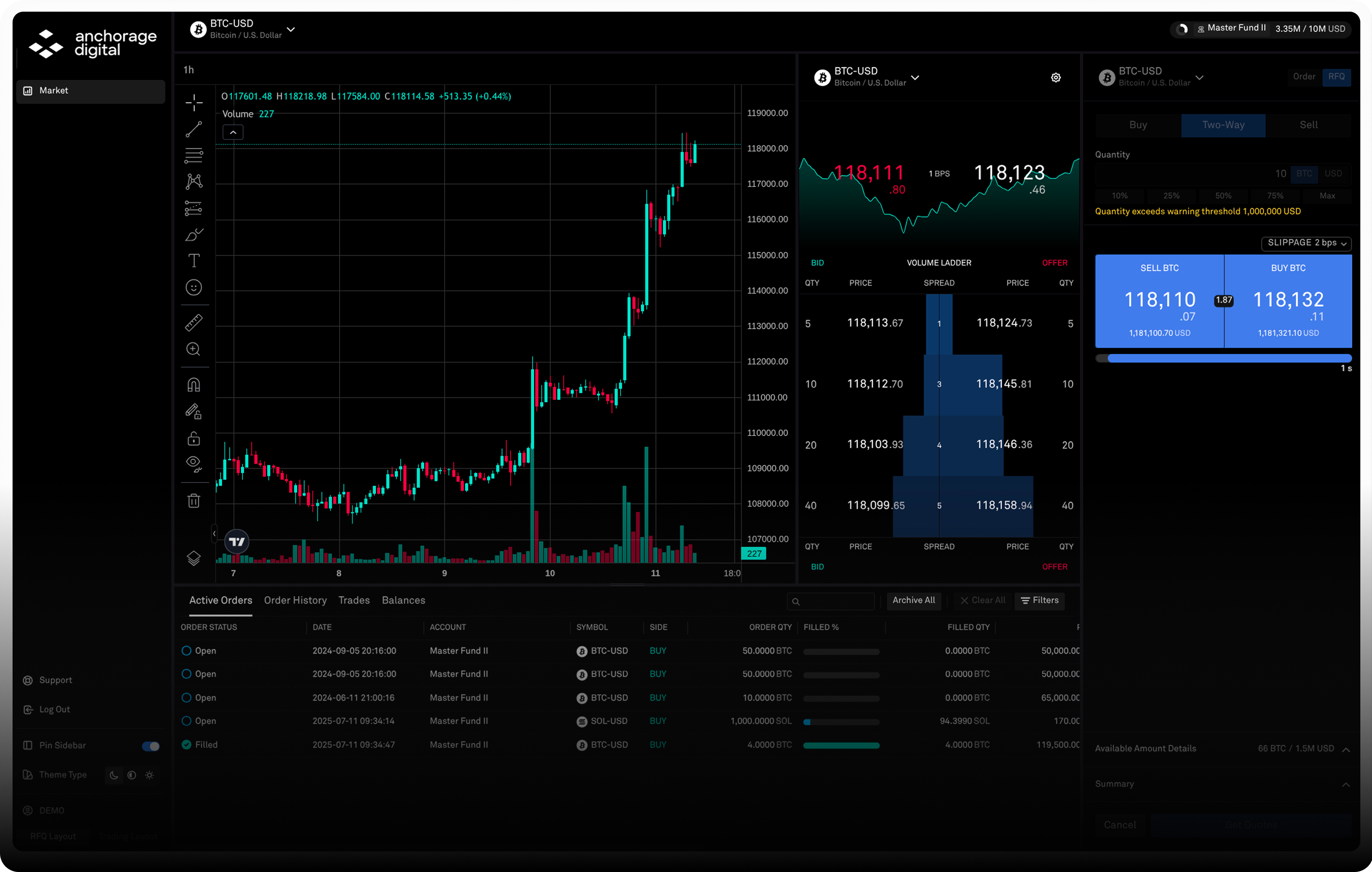
Business Registration Documents: Provide official company formation papers, such as Articles of Incorporation or a Certificate of Registration. These verify your business’s legal existence and structure.
-
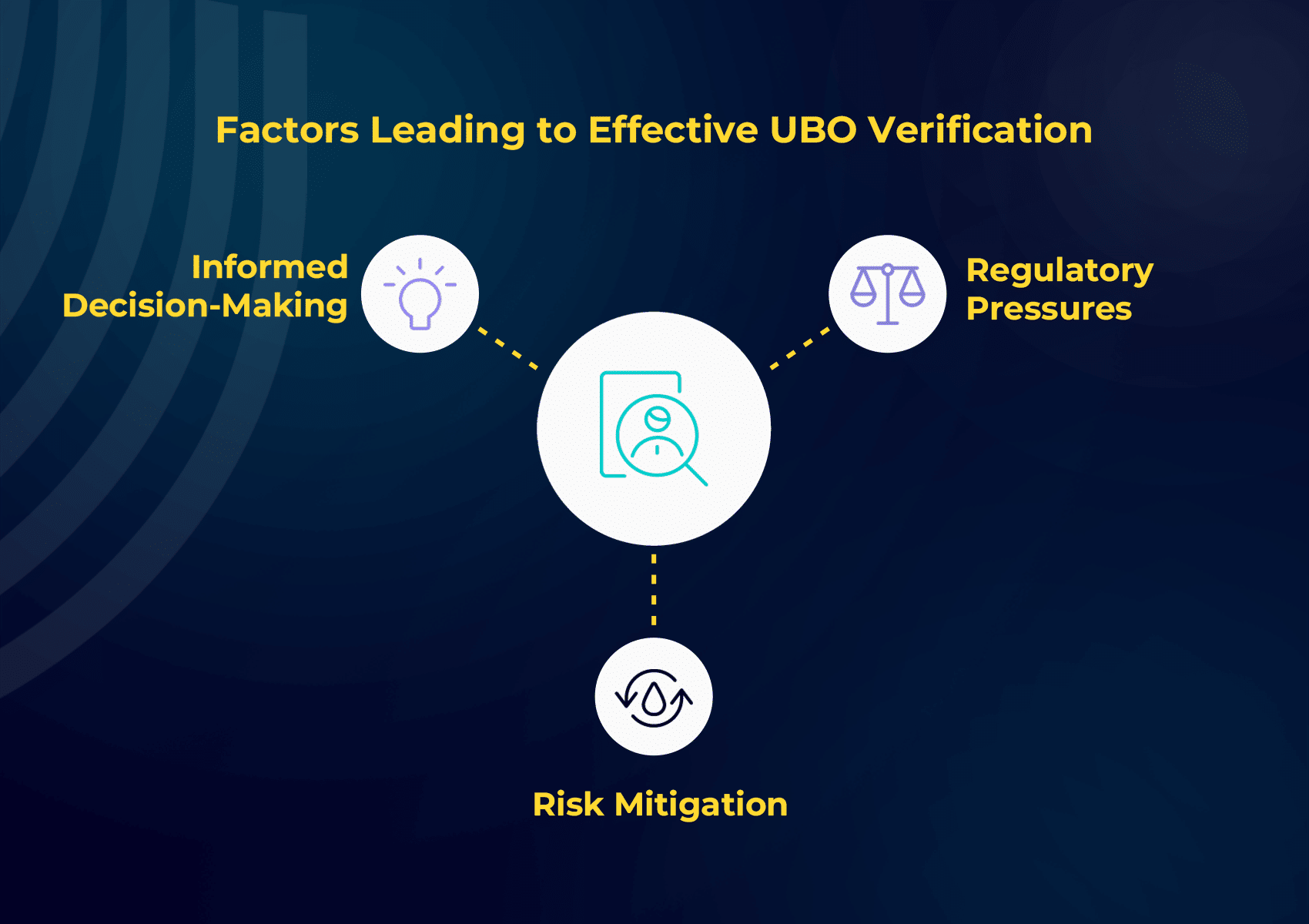
Identification for Ultimate Beneficial Owners (UBOs): Submit government-issued IDs and proof of address for all UBOs and key company directors. This is crucial for KYC compliance.
-
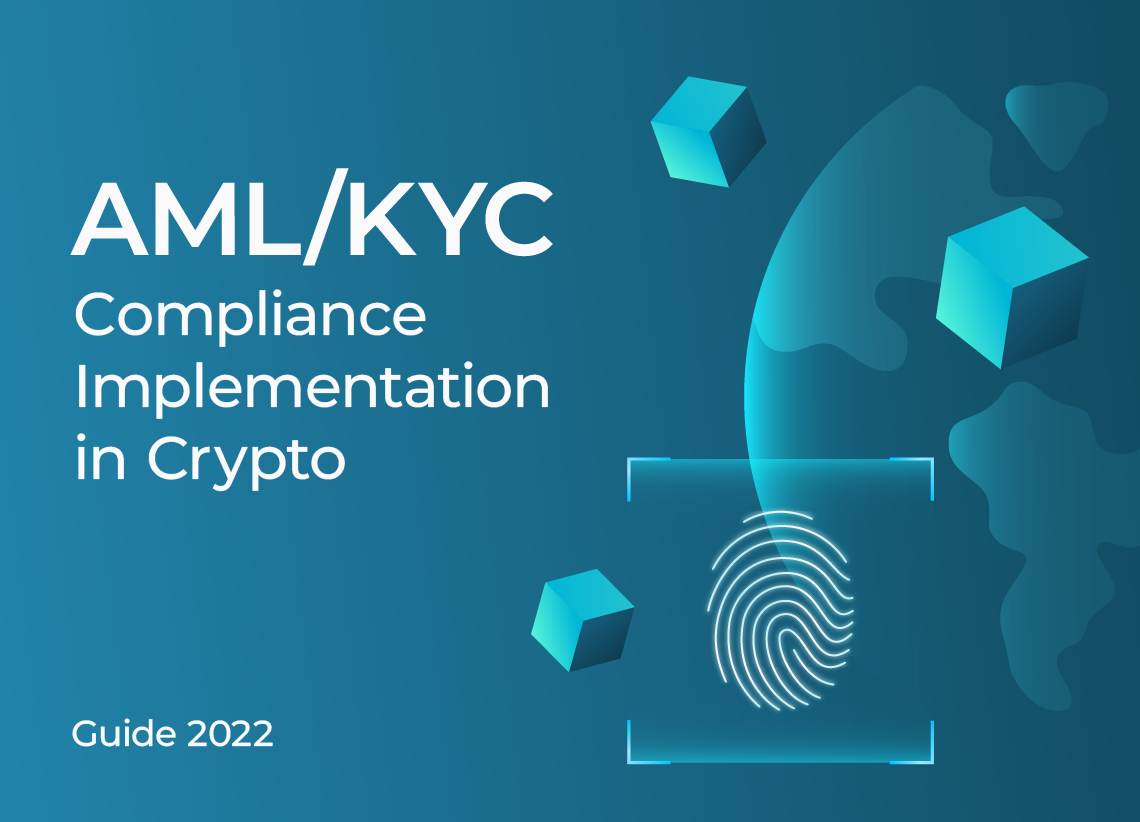
Detailed AML/KYC Policies: Present your company’s Anti-Money Laundering (AML) and Know Your Customer (KYC) procedures. Banks look for robust, written policies and may request proof of a certified AML officer.
-

Business Plan & Financial Projections: Prepare a comprehensive business plan outlining your crypto activities, target markets, and projected financials. This demonstrates transparency and helps banks assess risk.
-
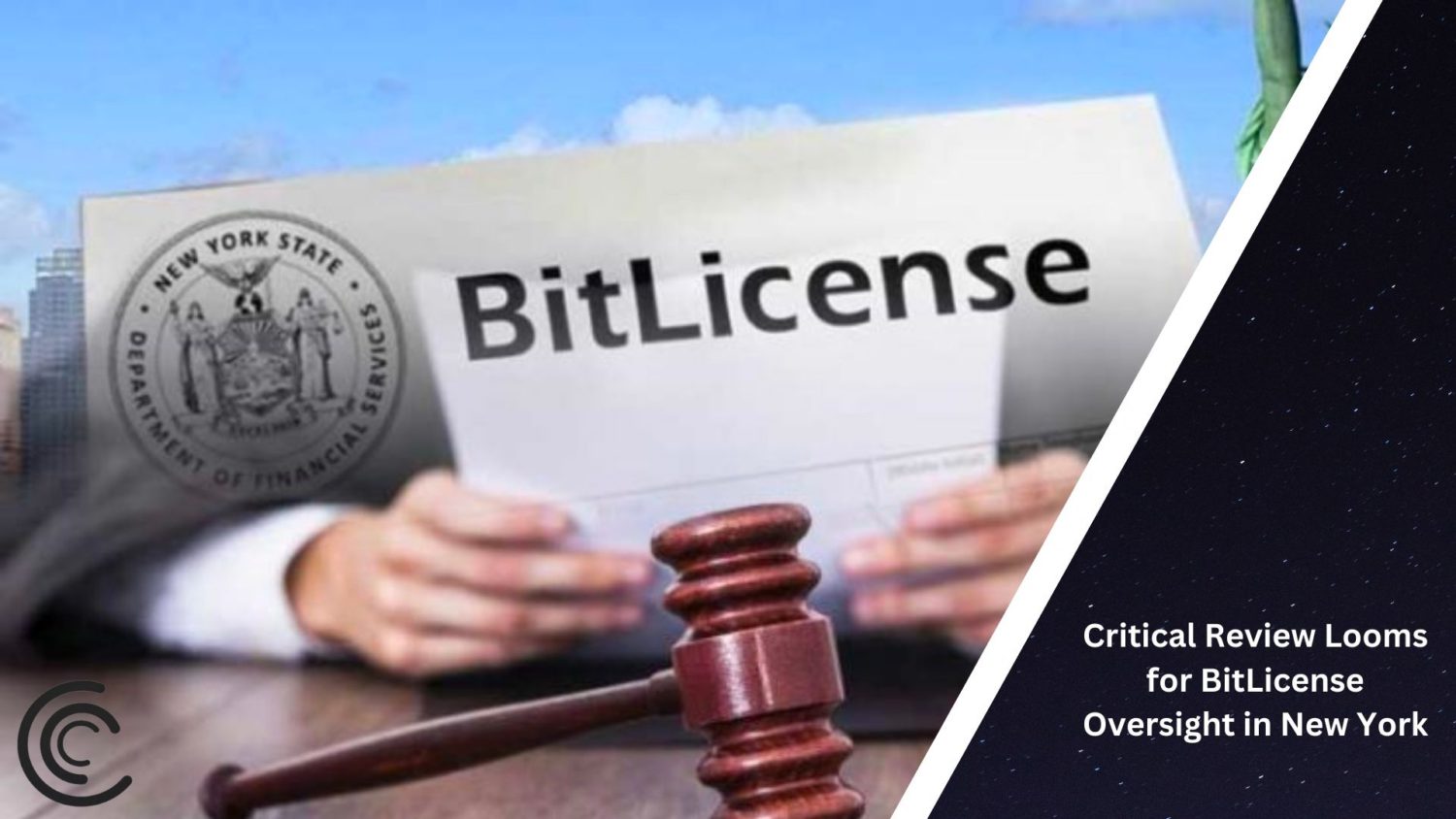
Licensing & Regulatory Approvals: If operating in regulated jurisdictions (e.g., New York), provide copies of licenses like the BitLicense or other necessary authorizations for virtual currency activities.
-
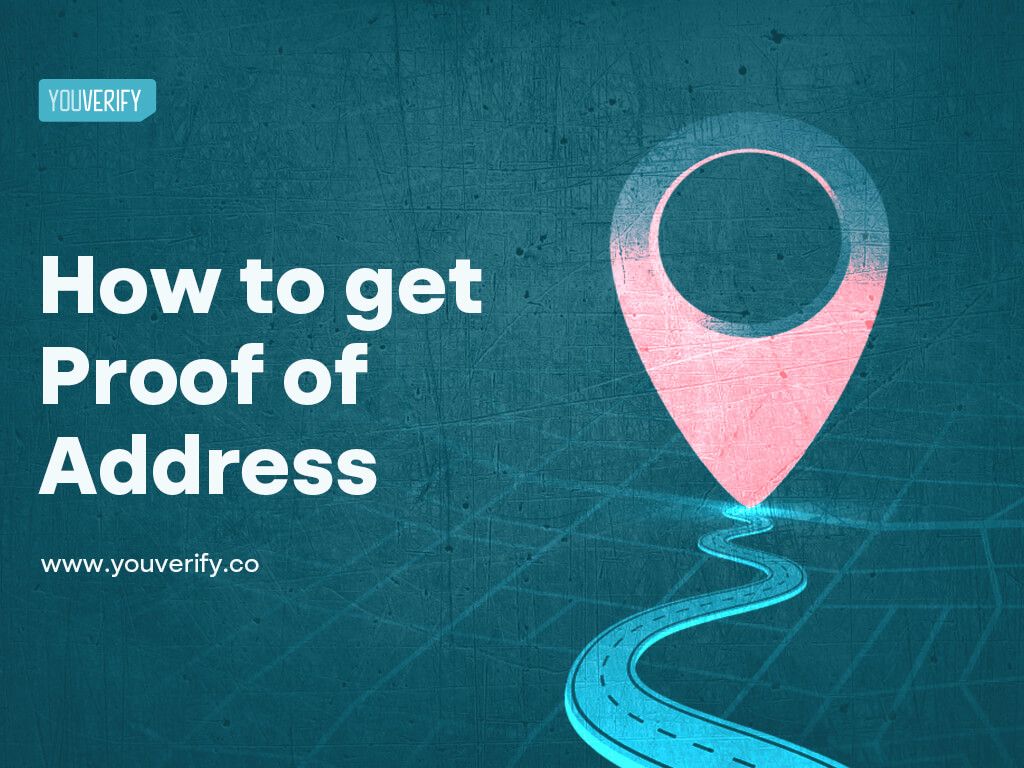
Proof of Address for Business: Submit recent utility bills, lease agreements, or bank statements showing your business’s physical address.
-
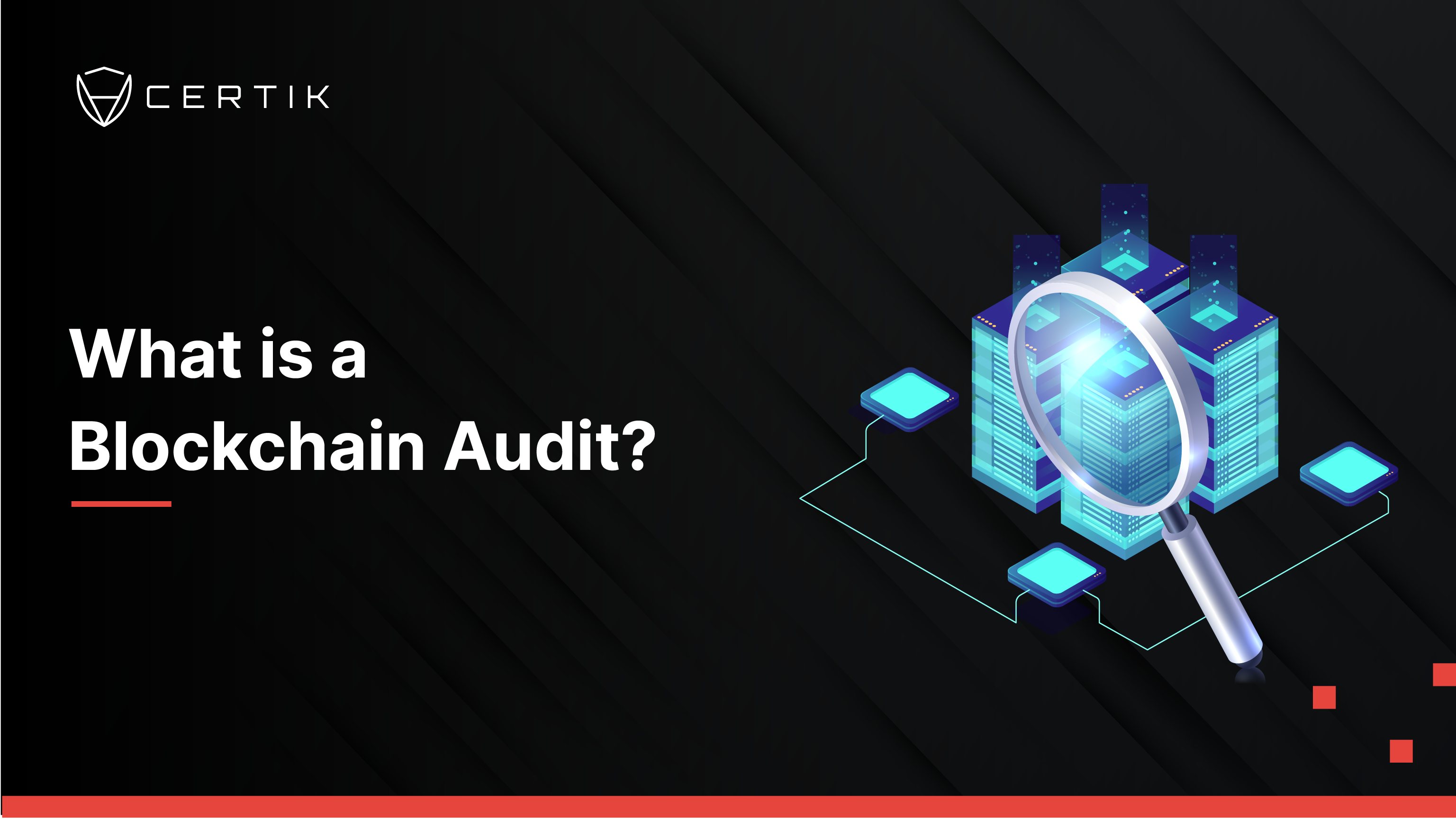
Ongoing Compliance & Audit Readiness: Maintain up-to-date compliance records and be prepared for regular audits. Transparent reporting and communication with your bank are essential for account longevity.
Your business structure matters too. Sole proprietors, LLCs, and corporations are all eligible, but larger entities often face more rigorous due diligence. Many banks will also want to see robust internal controls – think certified AML officers and clear transaction monitoring policies.
Choosing the Right Crypto Bank for Businesses in 2024
The market for crypto-friendly business banking is maturing fast. Not all banks are created equal – some cater to exchanges and trading firms, while others focus on payment processing or multi-currency treasury management. When researching providers, consider these industry standouts:
- BankProv: Known for API-driven services and unlimited deposit insurance.
- Bankera: Tailored solutions for mining operations and exchanges.
- Mercury: Designed for Web3 companies needing seamless fiat-crypto integration.
Compare features like instant settlement options, support for stablecoins or multiple cryptocurrencies, IBAN access for international clients, and fee structures. For a deeper dive into current offerings and user experiences, check out this recent review from Fit Small Business covering the best crypto-friendly business bank accounts in 2025.
Your Step-by-Step Guide to Opening a Crypto Bank Business Account
If you’re ready to get started, here’s what the process typically looks like:
The application phase can take anywhere from several days to several weeks depending on your jurisdiction and how quickly you can provide documentation. Be prepared for deep questions about your transaction flows, customer base (especially if serving high-risk geographies), source of funds, and projected volumes.
The good news? Banks that specialize in digital asset business accounts increasingly offer streamlined onboarding, but only if you demonstrate transparency from day one. If you need more insights into specific compliance measures or want examples of robust internal policies that impress banks in 2024, visit this AMLBot guide.
Once your application is submitted, expect a thorough due diligence phase. Crypto banks will scrutinize your AML/KYC policies, check the backgrounds of all beneficial owners, and may ask for additional proof of licensing or regulatory status. If you’re operating in a jurisdiction like New York, having a BitLicense or equivalent is often non-negotiable. The more proactive and organized you are with your documentation, the smoother this stage will be.
What to Expect After Approval
Approval isn’t the finish line, it’s the beginning of an ongoing relationship. Once your business account is live, you’ll gain access to features tailored for digital asset companies: multi-currency wallets, instant crypto-to-fiat settlement, dedicated IBANs for global transfers, and advanced payment rails. Some platforms even offer direct integrations with major crypto exchanges or merchant processing tools.
Ongoing compliance remains critical. Crypto banks routinely conduct account reviews and may require periodic updates to your AML/KYC documentation. Transparent communication is key, let your bank know if you expand operations into new markets or add new product lines involving digital assets.
Top Features to Look for in a Crypto Bank for Businesses (2024)
-

Robust Regulatory Compliance: Ensure the bank adheres to AML (Anti-Money Laundering) and KYC (Know Your Customer) standards, and supports necessary licensing (e.g., BitLicense in New York).
-

Multi-Currency Support: Look for banks like Tap or Bankera that offer both fiat and multiple cryptocurrencies (e.g., BTC, ETH, USDT) for seamless business operations.
-
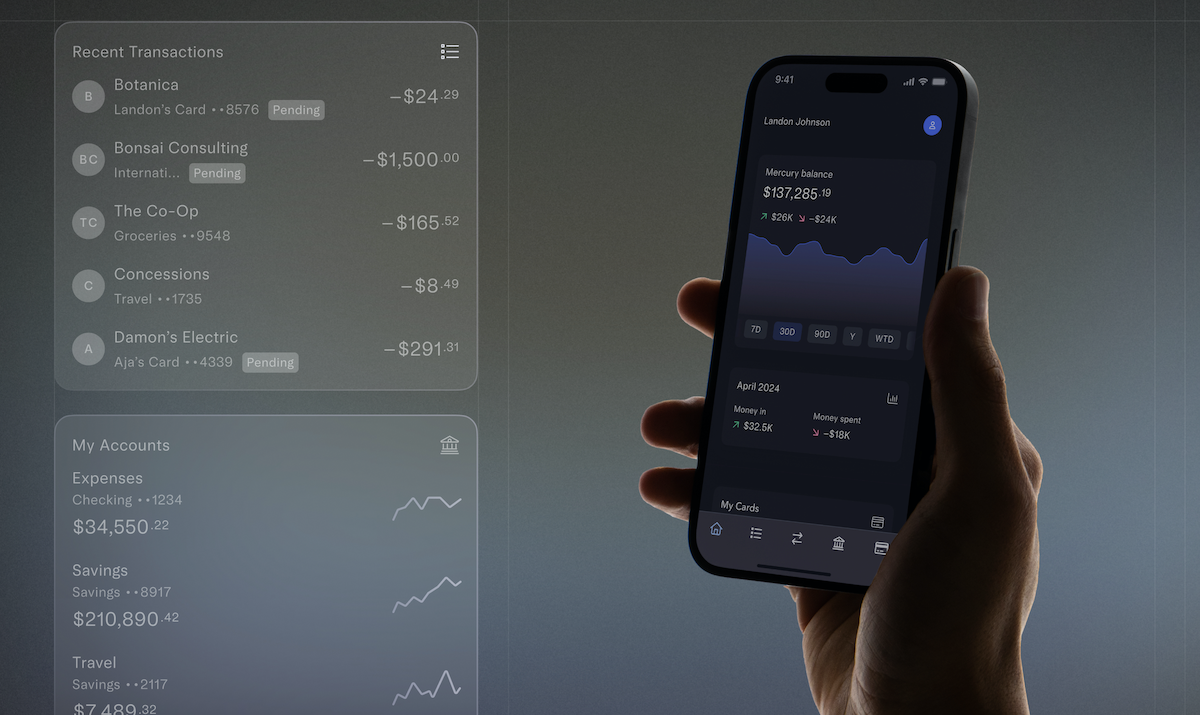
Dedicated Business Tools: Platforms such as Mercury and BankProv provide API access, bulk payments, and customized reporting for business needs.
-
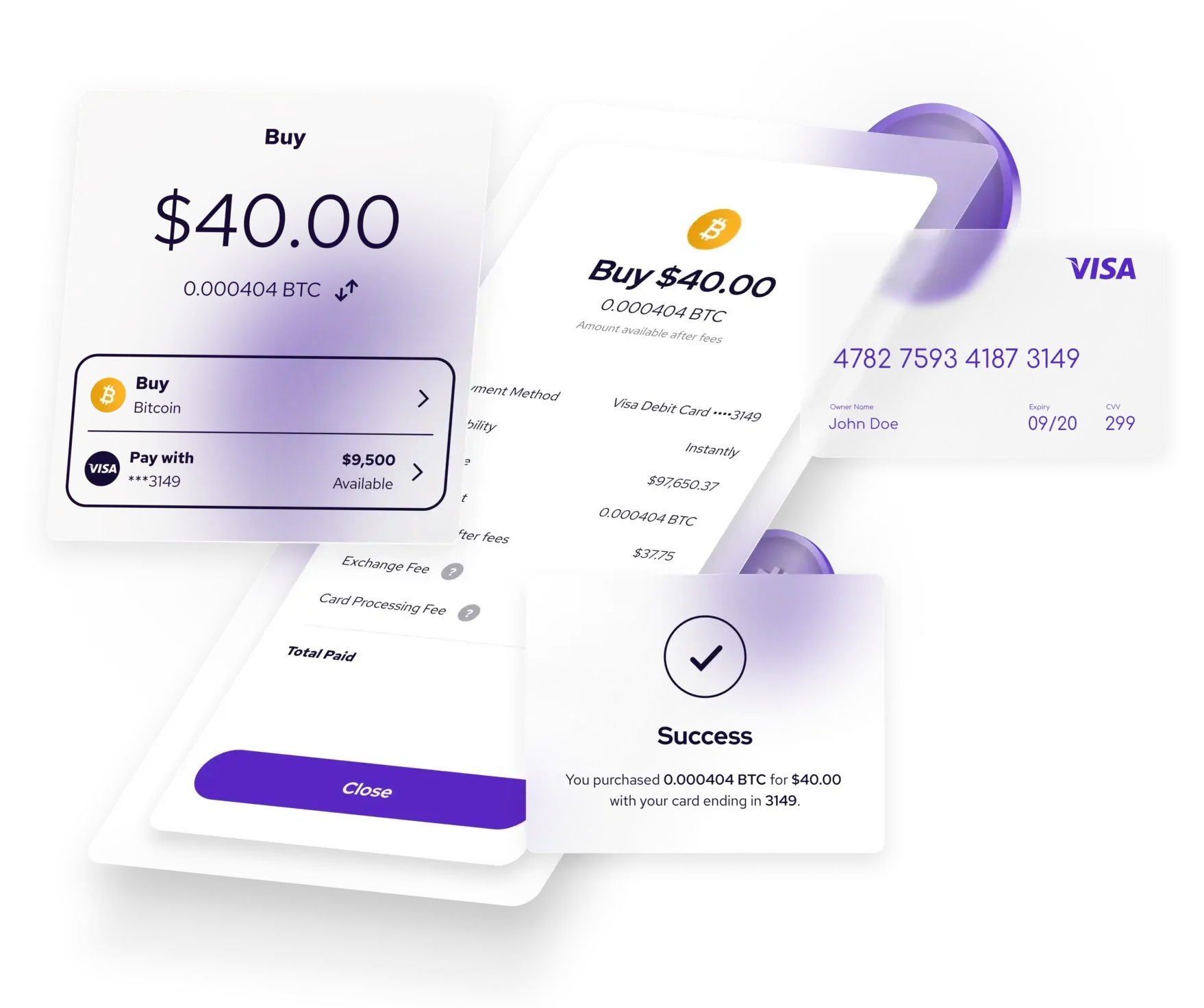
Instant Settlement & Fast Payments: Opt for banks offering real-time settlements and instant crypto/fiat transfers, minimizing delays in business transactions. Tap and BankProv are notable examples.
-
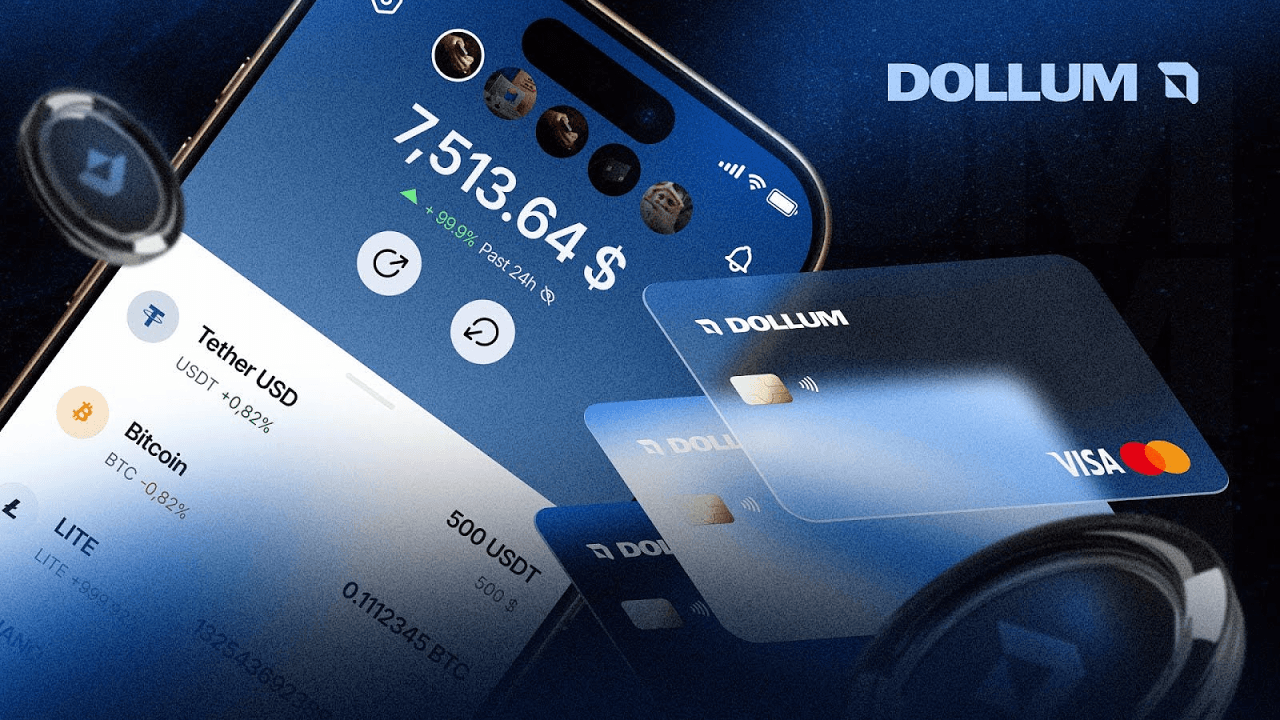
High Security Standards: Prioritize banks with multi-factor authentication, cold storage for digital assets, and insurance coverage (e.g., BankProv‘s unlimited deposit insurance).
-

Transparent Fee Structure: Choose banks that clearly outline transaction fees, exchange rates, and maintenance costs to avoid hidden charges. Bankera and Mercury are known for transparent pricing.
-
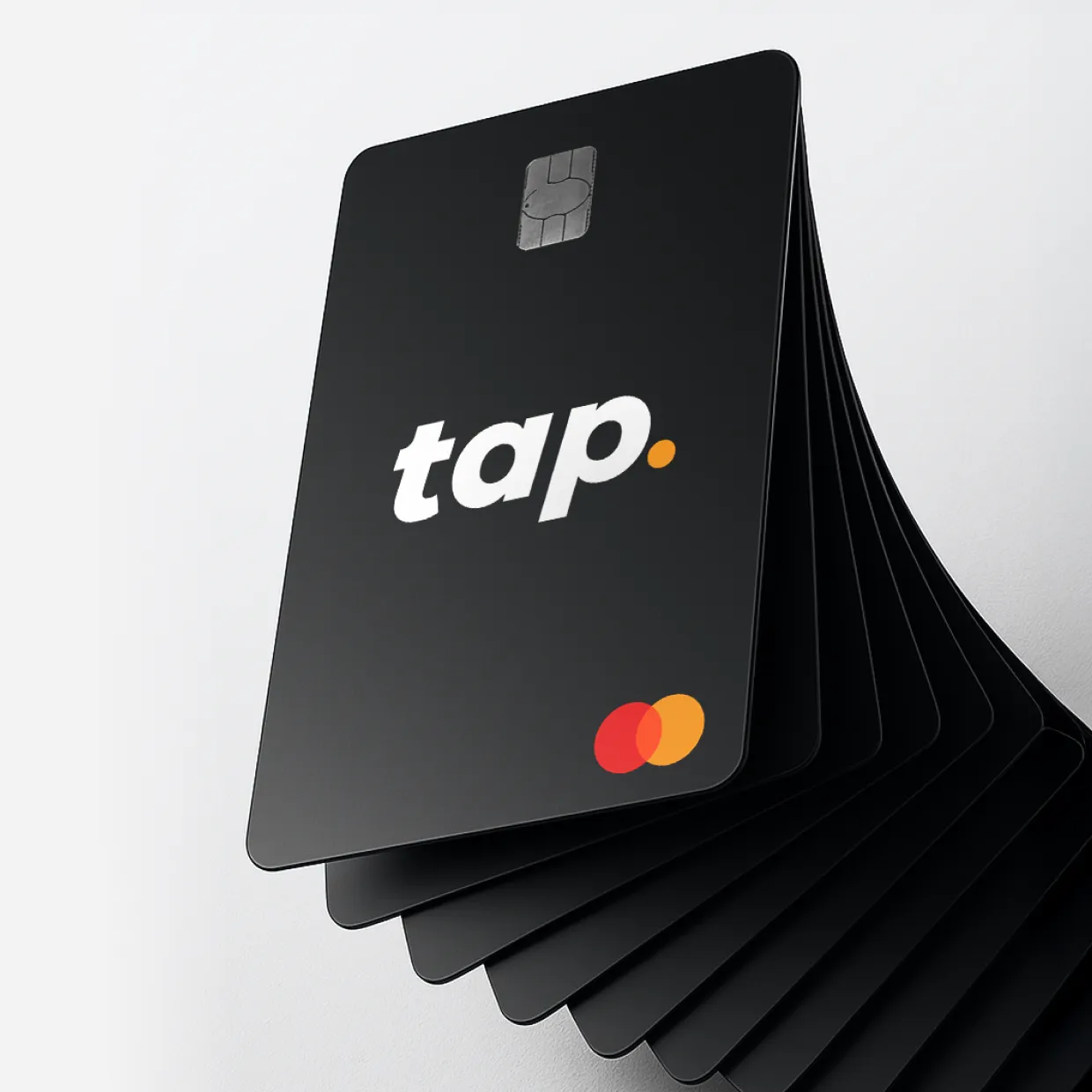
Global Payment Capabilities: Ensure the bank supports international payments and provides features like individual IBANs and SWIFT access for cross-border business.
Fee structures can vary widely between providers, so review all terms carefully before transacting at scale. Some banks charge per transaction; others apply monthly maintenance fees or require minimum balances. Ask about support channels too, responsive customer service can make a world of difference when dealing with cross-border payments or urgent compliance queries.
Common Pitfalls and Pro Tips
Many businesses underestimate the time required to open a crypto bank business account. Delays often stem from incomplete paperwork or unclear compliance processes. To avoid these roadblocks:
- Double-check every document before submission, missing details can stall your application for weeks.
- Stay current on regulations. Laws change quickly in the crypto sector; what worked last year might not fly today.
- Build relationships with compliance officers. Treat them as partners rather than obstacles, they can advocate for your business internally if issues arise.
If you’re serious about scaling in digital assets, invest in professional compliance support early, it pays off tenfold when onboarding with top-tier banks.
Resources and Next Steps
The landscape for digital asset business accounts is evolving at record speed. Whether you need seamless fiat ramps, robust transaction monitoring, or international payment solutions, there’s never been more choice, or scrutiny, in crypto banking for businesses in 2024.
If you want to see how others have navigated this process firsthand, watch this practical walkthrough from James Baker CPA on applying at Slash Banking:
Ready to take action? Review our checklist below before starting your application, and remember: clarity and transparency are the ultimate keys to success when opening a crypto bank business account this year.
